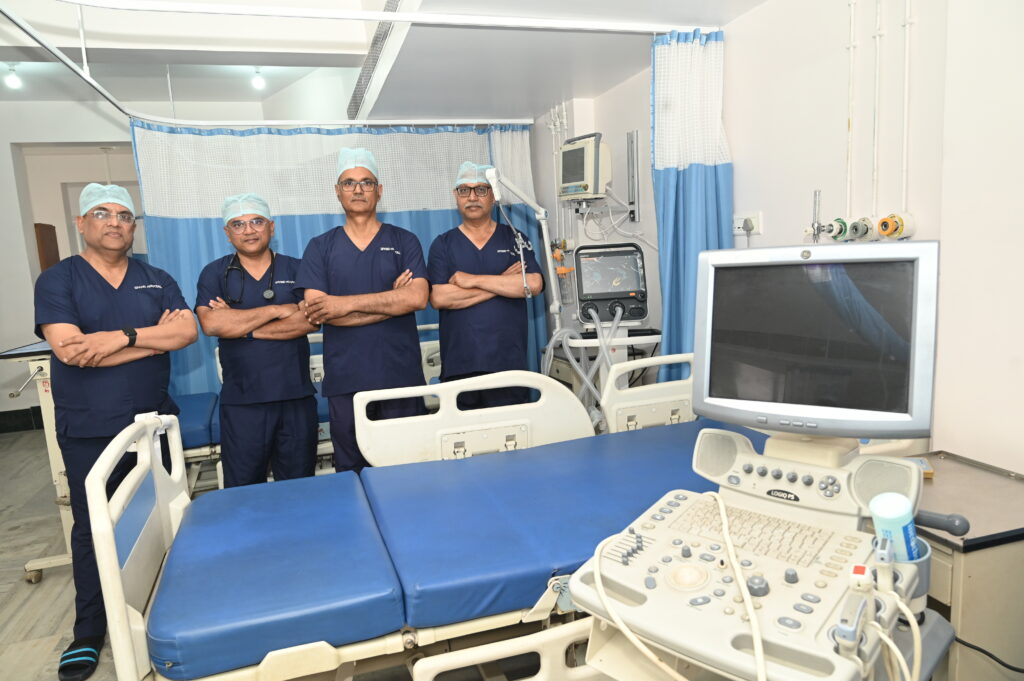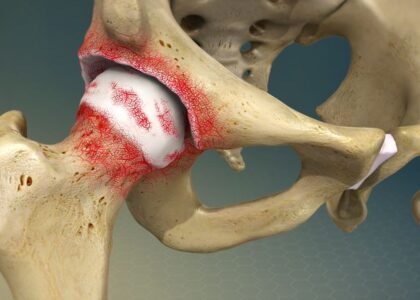In today’s fast-paced world, diabetes has become a global health concern, affecting millions of people across all age groups. One of the lesser-known but highly serious consequences of unmanaged diabetes is its impact on eye health. Among the most significant complications are Diabetic Retinopathy and Glaucoma — two conditions that can quietly damage your vision if not detected and treated early.
If you’re seeking complete diabetes care under one roof in Jamshedpur, it’s essential to understand how these two eye conditions are connected and why regular screening at the best multispeciality hospital can save your sight.
What is Diabetic Retinopathy?
Diabetic Retinopathy is a complication of diabetes the blood vessels in the retina — the light-sensitive tissue at the back of the eye. High blood sugar levels can damage these tiny vessels, causing them to leak, swell, or close off, disrupting vision. In severe cases, new abnormal blood vessels may grow, leading to bleeding and retinal detachment.
Symptoms may include:
- Blurred or fluctuating vision
- Dark spots or floaters
- Difficulty seeing at night
- Vision loss (in advanced stages)
What is Glaucoma?
Glaucoma is a group of eye conditions that damage the optic nerve, usually due to increased pressure inside the eye (intraocular pressure or IOP). It’s often called the “silent thief of sight” because it progresses gradually and painlessly until significant vision is lost.
There are different types of glaucoma, with open-angle glaucoma being the most common. In diabetics, this condition can progress more rapidly if not managed properly.
How Are Diabetic Retinopathy and Glaucoma Linked?
While these are two distinct conditions, research shows a strong correlation between them — especially in diabetic patients.
Here’s how they’re connected:
- Diabetes Increases the Risk of Glaucoma:
People with diabetes are nearly twice as likely to develop glaucoma compared to non-diabetics. High blood sugar levels can damage eye tissues and disrupt fluid drainage, leading to increased eye pressure. - Neovascular Glaucoma:
This rare but severe form of glaucoma is directly linked to advanced diabetic retinopathy. It occurs when abnormal blood vessels grow on the iris and block fluid outflow, causing a dangerous rise in eye pressure. - Shared Risk Factors:
Both conditions can progress silently, share similar risk factors like age and poor blood sugar control, and may coexist in a diabetic patient — increasing the risk of irreversible vision loss.
Importance of Early Detection and Regular Eye Exams
At the best multispeciality hospital, comprehensive eye check-ups are a crucial part of complete diabetes care under one roof in Jamshedpur. Routine screenings, especially for those with long-standing diabetes, can help detect early signs of retinopathy and glaucoma before symptoms appear.
Standard diagnostic tools include:
- Fundus photography
- Optical coherence tomography (OCT)
- Tonometry (eye pressure test)
- Visual field tests
Prevention and Treatment
Managing both conditions starts with effective diabetes control — maintaining healthy blood sugar, blood pressure, and cholesterol levels.
Treatment options include:
- For Diabetic Retinopathy: Laser therapy, anti-VEGF injections, and vitrectomy surgery.
- For Glaucoma: Prescription eye drops, oral medications, laser procedures, or surgery to lower eye pressure.
Why Choose a Multispecialty Hospital?
When dealing with interconnected health issues like diabetes and vision problems, it’s vital to have access to endocrinologists, ophthalmologists, and other specialists under one roof.
Final Words
Diabetic Retinopathy and Glaucoma are both serious eye conditions that can lead to permanent vision loss if ignored. The good news? Regular eye check-ups, early detection, and a holistic diabetes care plan can significantly reduce the risk.
If you’re in Jamsh1edpur, look for complete diabetes care under one roof at a trusted multispeciality hospital that prioritizes both your metabolic and visual health. Don’t wait for symptoms — act now to protect your vision for life.











